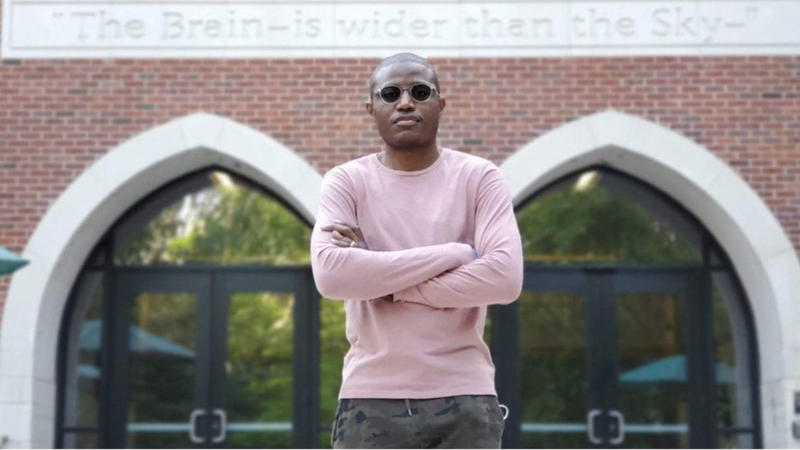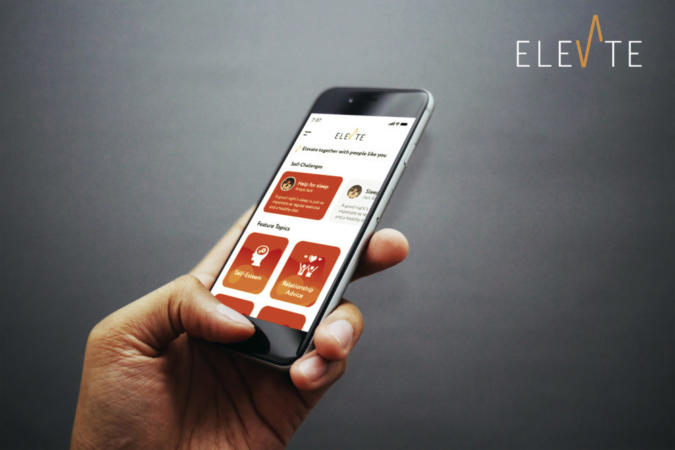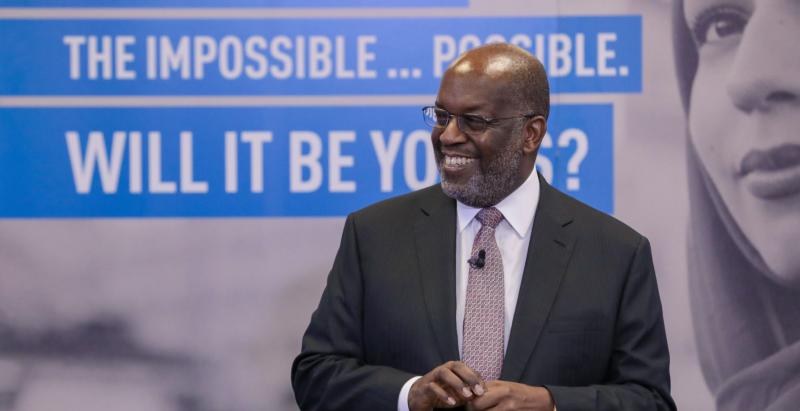Showing 4 results for:
African American health
Popular topics
All results

The sickle cell disease has plagued Black people for decades. However, with a new advancement in technology, people living with the disease have been given another chance. Take Jimi Olaghere, for example, who has lived with sickle cell for his entire life, but thanks to a new clinical trial, things are looking up, per reports from BBC. After reading an article about a new clinical trial using gene editing to help treat those living with sickle cell, Jimi Olaghere immediately contacted the medical team in charge. After just a month, he and his wife Amanda took a trek to Nashville, Tennessee’s Sarah Cannon Research Institute to see if he qualified. He recalls learning the news that he did indeed qualify and called it “the best Christmas present ever.” As someone who’s lived with the disease since his childhood, Olaghere has had to face the challenges that come with sickle cell for his entire life. “You always have to be in a war mindset, knowing that your days are going to be filled...

Raniyah Copeland of the Black AIDS Institute can remember a time when HIV — the virus that causes AIDS — was the scourge of the 1980s. She remembers when the virus wiped out a whole sub-population of Black and Latinx men — she remembers what they faced while they were alive — and she knows that while HIV isn’t the scourge it once was, it’s still a disease that disproportionately affects the Black community…and she knows why. “In the United States, health is driven by inequity,” she told AfroTech. “HIV, as a disease, has a unique stigma in that it’s associated specifically with certain sexuality, a certain race, and a certain socio-economic class. While society isn’t as overt with its racism about AIDS as it once was — there was a time when the CDC would say that being Haitian, for example, made you more susceptible to AIDS — we still have progress that needs to be made.” Progress is, ultimately, the goal of the Black AIDS Institute. Dedicated exclusively to eradicating the disease...

Mental health and wellness are often unspoken of in the African American community, especially amongst Black men. However, what was once a taboo topic of discussion is slowly being addressed and those suffering in silence can finally get the help they need. getelevateapp.com Globally, nearly 350 million people will struggle with depression this year. Women are largely diagnosed with depression, while men are commonly diagnosed with chronic stress. Mental health issues impact people of all ages. It’s no doubt that stress, depression, and anxiety are indeed difficult to deal with. However, with the help of therapy, self-care, and a strong support system, the road to mental health is closer than you think. That’s where the new black-owned self-care app, Elevate , comes in. Aaron Warrick, Greg Wilson, and Dante’ Wade, Created by Aaron Warrick, Greg Wilson, and Dante’ Wade, the Elevate app serves as a personal guide to mental, physical, and emotional success. It equips users with the...

To call Bernard J. Tyson an industry giant would still be a significant understatement. As Chairman and CEO of Kaiser Permanente , Tyson heads an organization that provides care for 12.3 million members at 600+ locations across eight states and the District of Columbia. We had the fantastic opportunity to talk with him ahead of AfroTech 2019 about his career, the future of health care, and how Kaiser Permanente fights for equitable health care for its members and the 68 million residents in its surrounding communities. This interview has been edited for length and clarity. AfroTech: Mr. Tyson, you’ve been in the health care industry for about 35 years. In fact, your LinkedIn profile indicates that you studied health service management as an undergraduate and also earned an MBA with a focus on health services administration. Can you tell us what sparked your interest in health care? Bernard J. Tyson: When I was a child, my mother spent a lot of time with her doctor and in a hospital...